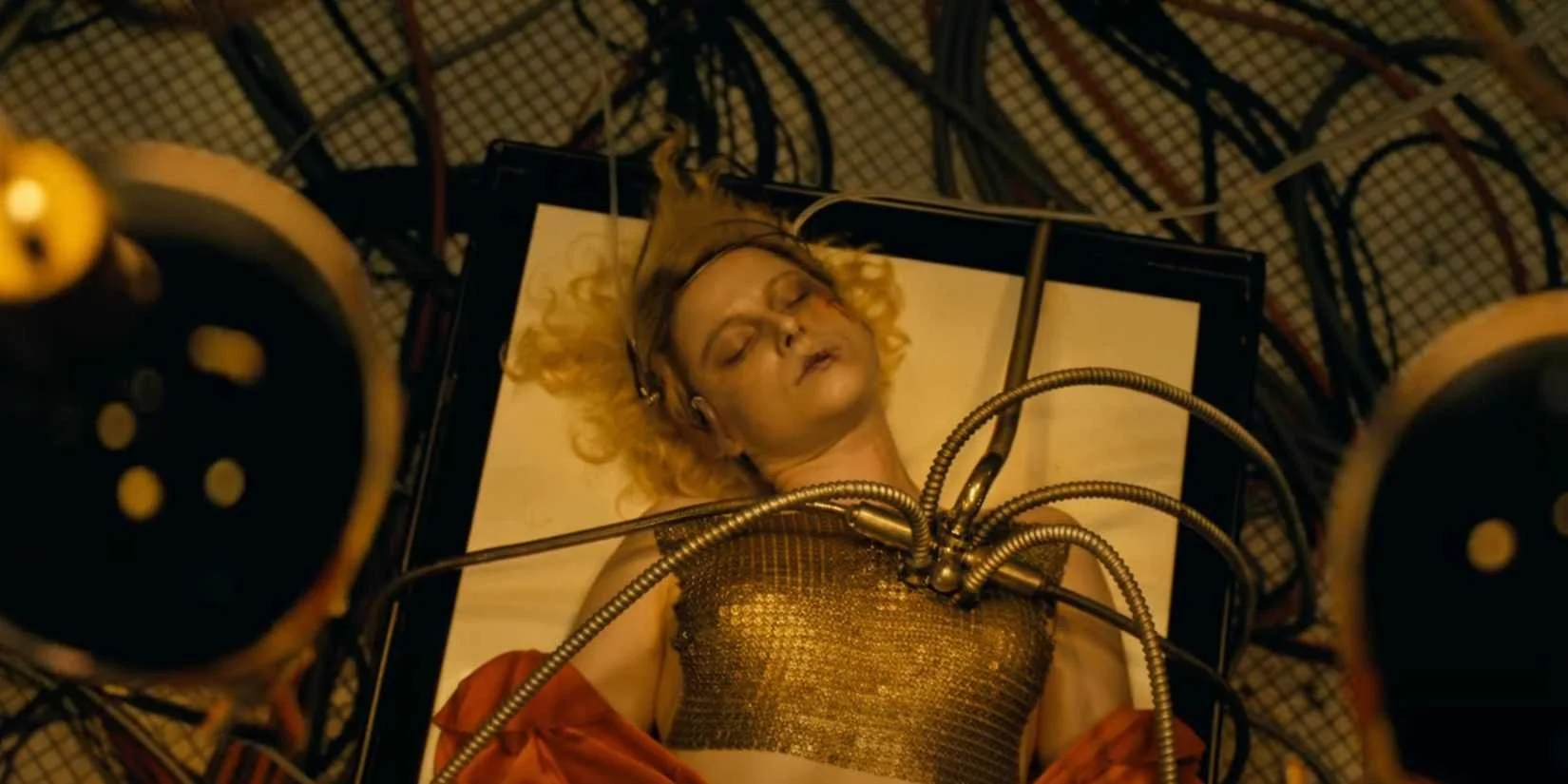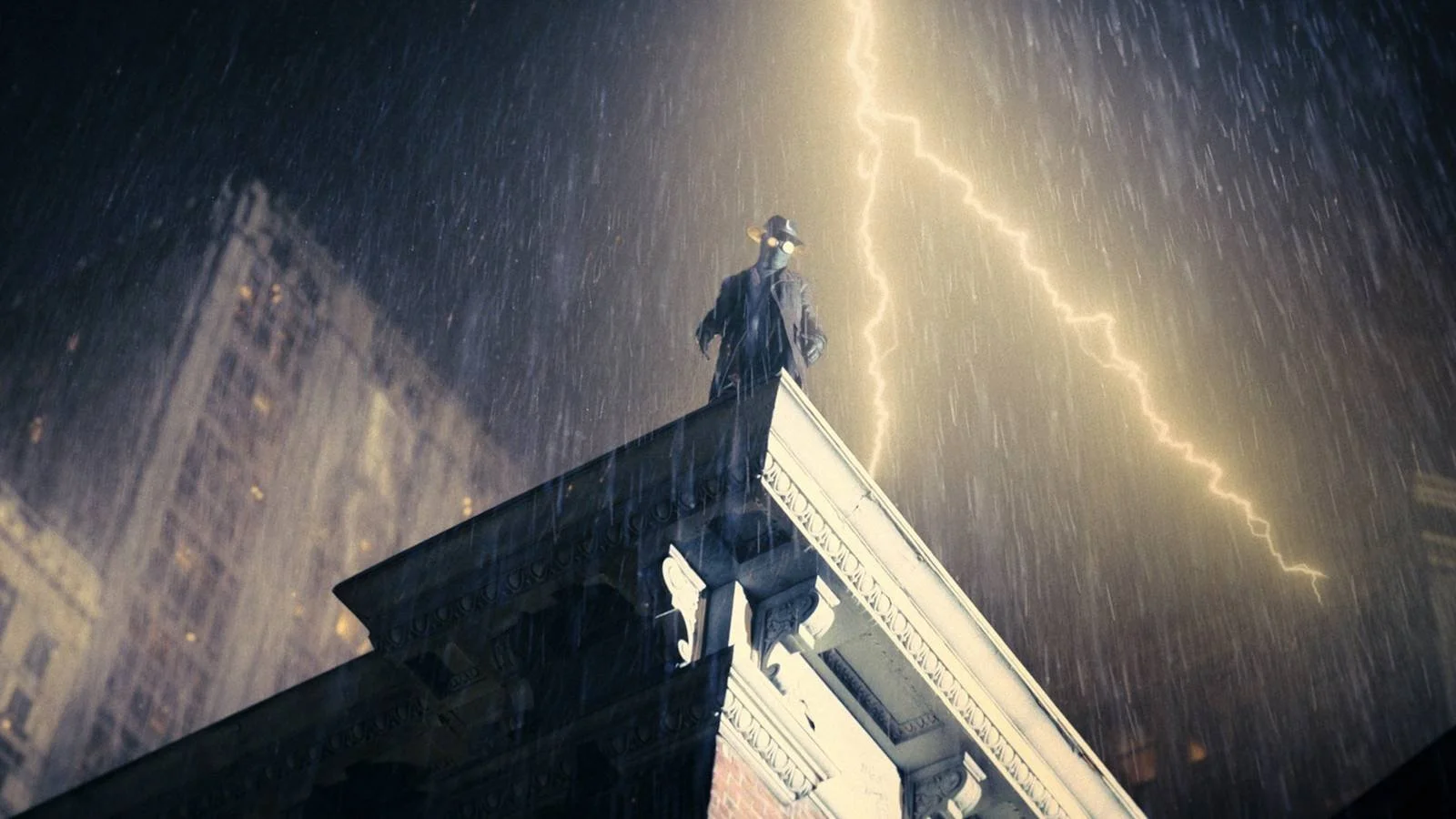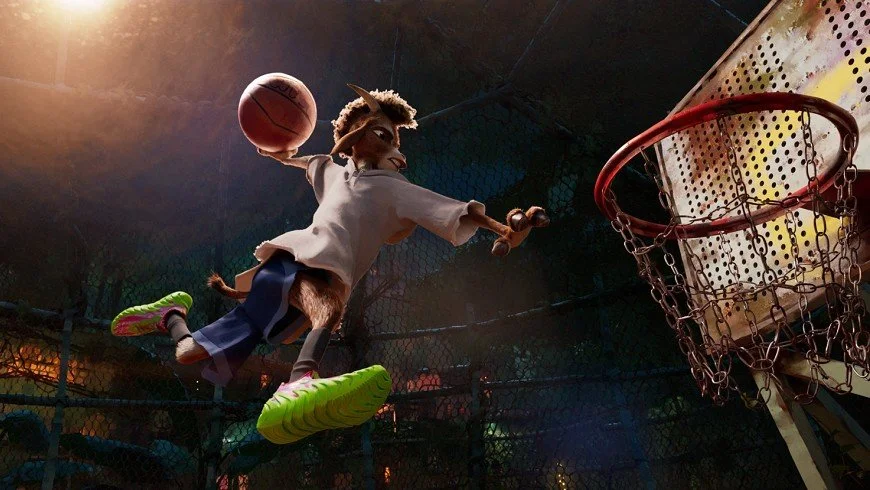Toy Story 4
/As the comments section on the YouTube video embedded above suggests, it’s likely this fourth filmic entry in the Toy Story franchise, going for nearly twenty-five years, might appeal at least as much to teenagers and adults who saw the first one in 1995 as it will to today’s kids.
What really holds this trailer together is the choice of preexisting music and its lyrics as a narrative counterpoint to the onscreen action. The Beach Boys’ “God Only Knows”, from their seminal chamber pop album Pet Sounds (1966).
Notice how the song is carefully split and orchestrated to match each scene. It first appears at 1:24, just before the studio title card. There is a brief pause in the music from 1:30 to 1:32 cutting to the lyrical section, “If you should ever leave me”. This line is matched to scenes of Bonnie, the current owner of the titular toys, searching for Woody and Forky, looking obviously distraught.
The lyric “Though life would still go on, believe me,” is mixed down, under Woody’s dialogue: “You’ve handled this lost toy life better than I could.” This is an effective semantic parallel. The dialogue continues as an instrumental version of the song, with melancholic strings and flute, goes on.
This is suddenly cut out at 1:50 as Woody apparently spots his owner, Bonnie. The song comes back at 1:52 with the chorus, in full orchestration, alongside title cards grandly pronouncing the film’s exploration: “on the road of life / there are old friends / new friends / and stories that change you”, it says, with interstitial scenes accompanying.
This final sequence is worth breaking down. The first point is the lyric at this point in the song, “God only knows where I’d be without you”. As a religious invocation, it’s dramatic and bold, and it fits nicely with the internal conflict of Sporky, a “toy” who is an arts and crafts project made by Bonnie. Bonnie is its god, so to speak — and here, we have it questioning its life’s purpose.
The dialogue also interacts with the title cards. “I was made to help a child; I don’t remember it being this hard,” Woody says in a gravelly, pained tone, just after the title card suggesting “stories that change you”. Again, this conjunction of diegetic and extra-diegetic narrative reinforce the conflict at play in this film, as Woody reflects on his own purpose. It’s as much a cause for reflection for the teenagers and adults watching the trailer: Why are we still interested in Woody? Why is it sometimes hard to let go of the past — and when should we?
Maybe the most affecting segment of the trailer for those who remember the earlier films is the two-second snippet from 1:58 to 2:00. Here we see just a passing glimpse of Andy, the owner of the toys for most of the first three films, playing joyfully with Buzz Lightyear and Jessie. Buzz can be heard emitting his famous canned phrase, “to infinity — and beyond!”, in a distinctly low-fi tone that clearly conveys to the audience that it’s simply one of the toy’s features. However, the low-fi sound is also allusive to something older, of the past; something potently nostalgic.
— Curtis Perry







